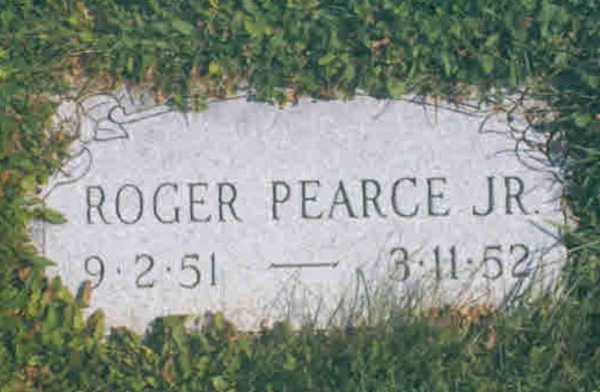Law Firm's Accounts Hijacked by Scammers Who Promise Sweepstakes Win
Updated: An Atlanta law firm is trying to warn consumers about a scam involving phony checks using its bank account information.
Lisa Estes, office administrator for the Fryer Law Firm, told the ABA Journal that scammers have used law firm bank account information to create realistic looking checks in four different ruses in two years. The first three times, recipients received letters telling them they were being given checks as part of a mystery shopper program. The last time the recipients were told they had won a sweepstakes.
The check recipients lost out, however, when they learned too late that the checks were phony and the money they returned to the scammers was not covered.
“The checks look legitimate, bearing watermarks and all,” Estes says. “They are really good at creating these checks.”
At first the scammers sent out checks ranging from $30,000 to $40,000, but that apparently raised red flags among some recipients, Estes says. The check amount was reduced to just under $5,000 in the next two batches of checks that were sent out. The checks were all sent via UPS using a law firm account number.
The recipients were told to deposit the checks, and to spend around $300 as a mystery shopper at stores such as Walmart and Best Buy. The mystery shoppers were to return all but $600 to the scammers.
In the most recent scam, checks were sent via U.S. mail and the recipients were told they had won a sweepstakes. First, however, the “winner” had to wire $4,000, purportedly to pay for taxes, according to a story about the scam published by CBS Atlanta.
Each time the scammers apparently sent out several hundred checks.
The Fryer Law Firm, which handles real estate closings, has not lost any money in the scam, Estes says, because of a Suntrust program called positive pay. The law firm provides the bank with a list of every check issued from its escrow account on a daily basis. If a check is presented for payment that isn’t on the list, Suntrust either contacts the law firm or declines the check.
“The true victim is the recipient of the check, which was really what we wanted to convey and was our intention when we agreed to do the story,” Estes wrote to the ABA Journal.
When a check recipient deposits a check from the scammers, he or she sees the deposit reflected in the bank balance the next day, not realizing that the check has not cleared yet, Estes says. The scam victim then wires part of the money back to the crooks, before the bank finds out the check is phony and seeks to remove the money from depositor’s account.
At this point, the account is “upside down by the several thousand dollars” and the bank seeks to recover the money,” Estes says. “In several instances, the banks actually pursued criminal charges against their customers when they were unable to repay the money.”
“I spoke with several police agencies across the country, and to a postal inspector as well,” Estes told the ABA Journal. “They were all looking into the matter, but all said that because the crooks are most likely based overseas, the likelihood of ever catching them was slim to none.”
Estes told CBS said she spoke with a scammer who identified himself as claims agent “Phil Taylor.” He told Estes he hopes she goes to jail.
“We’d love for them to catch these people,” Estes told CBS. “We would absolutely love it. Our phones ring off the hook daily.”



